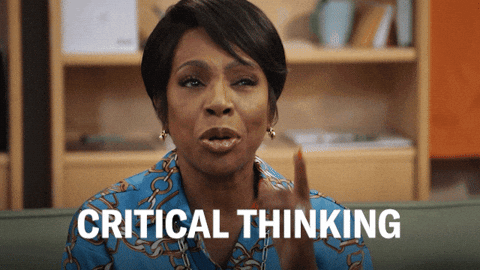Hey, I’m a first year in the CS stream but I’m also taking ECO101 and ECO102 with the goal of double majoring in computer science and economics. My CS classes are going well and I’m really enjoying them, but I find ECO101 mind-numbingly boring. I enjoyed my macroeconomics class in high school, but this class feels like a dull yet somehow confusing version of basic algebra. Will the econ experience get more interesting after first year, or should I give it up now and find something else?
hey there,
well, i don’t think you’re alone in this. ‘mind-numbingly boring’ definitely fits into the genre of things i’ve heard about eco101. you’re not a uoft student if you haven’t overheard people complaining about econ courses or had to listen to a friend complain all term.

but fr that course is difficult so you have all my sympathy.
i’m sorry that i’m not an econ student (this apology is directed both to you and my mom), so i can’t really tell you anything from my own experience with econ courses. but
- i’ve heard that eco101 is not representative of the econ you learn in the future, and
- i can tell you that pretty much every single program gets more interesting after first year!
because in general, courses that are required as a prerequisite for a program are going to be on the more boring and/or difficult side of the spectrum. like those huge courses upwards of a few hundred people that people have to take. these tend to cover really broad material and foundational stuff, which is always going to be boring, especially if a course is a requirement for multiple different competitive programs—like eco101.

and when i say boring/difficult, i mean this in comparison to smaller, more specialized courses that you’ll be able to take farther down the road. a good tip someone once gave me is that the more specific and niche the description of a course is, the more enjoyable and interesting it will be — and the opposite is also true! just to be completely transparent though, there won’t be a huge change from first to second year, since you’ll still have to take required courses. but once you hit third year, you’ll be given room to choose between a list of possible courses to count towards your major, and these tend to be much more interesting!
it’s also hard to tell you whether you’ll find upper year econ courses interesting simply because everyone finds different topics interesting. even if i was an econ student in fourth year with all the econ wisdom i’ve acquired, i’m not sure i would be that helpful. like, there are so many econ students out there who probably did find that the courses got more interesting after first year! but then there are also others who didn’t.

i think the best i can do for now is direct you towards econ students who might be able to give you their own answers! the only way i can think to do this is through econ student groups, so here is what i found:
the uoft economics club can be found at econuoft (at) gmail (dot) com, or @econ_uoft on instagram. i’m sure they’ll answer an email or dm, most student groups are really friendly and responsive on their various social media accounts! i think peer mentorship programs could also be a great resource for getting advice on this. i couldn’t find one at uoft specifically for econ students, but there are college specific mentorship programs in clnx’s mentorship catalogue, which you can look into.
anyways, despite all this, i’m glad you’re enjoying your cs classes, and i hope everything works out for you!
(if any econ students happen to read this post, it would be great if you could drop some tidbits of your advice)
over and out,
aska

















